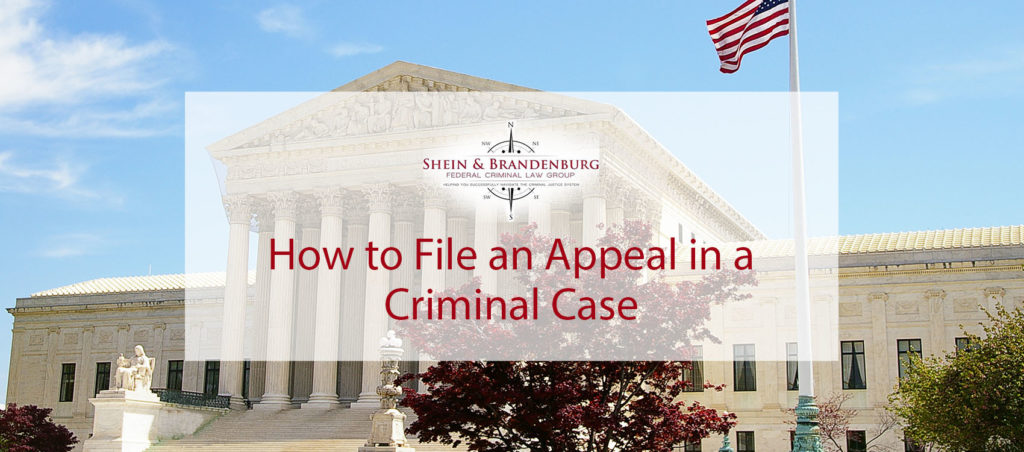There is a tendency in the United States court system to uphold decisions made by lower courts. As a result, for an appellate court to hear an appeal, a person must demonstrate that there were errors made at the trial level. The error also must be material or substantial in nature. “Harmless” errors that have not had a substantial impact on the outcome of a case are almost always unable to form the basis for a successful criminal appeal. You can create a strong criminal appeal with the assistance of an experienced criminal defense attorney. Continue reading to learn how to file an appeal in a criminal case.
Common Basis for Successful Criminal Appeals
There are several common reasons for successful criminal appeals, which include:
- Abuse of discretion. In some types of criminal cases, judges have a wide range of discretion. If an appellate court determines that a judge abused discretion in making a decision, this means that the ultimate ruling was either erroneous or arbitrary in nature.
- Ineffective assistance of counsel. Ineffective assistance of counsel means that a person’s Sixth Amendment rights were violated. In deciding an ineffective assistance of counsel case, courts determine whether a lawyer’s conduct undermined the judicial process.
- Insufficient weight of evidence. Appellate courts tend to not view how evidence was presented in court or review an argument. As a result, appellate courts are often not in the best situation to assess the weight of evidence. It is possible, however, for an appellate court to decide that a lower court improperly weighed evidence in arriving at a decision.
- Plain error. Any defect or error that affects a person’s rights can represent a plain error. Some of these errors can represent the basis of a successful criminal appeal. One of the most common types of plain error is when a judge miscalculates sentences following a conviction.
How to File an Appeal in a Criminal Case Successfully
Some of the steps that are commonly involved in successful criminal appeals include:
- A person retains the services of an experienced criminal appeals attorney.
- Notice of the appeal is filed with the appropriate trial court.
- Records of the appeal are obtained. An experienced attorney will then perform a thorough review of all of the documents and transcripts associated with the appeal to identify any potential legal errors.
- The appeal attorney prepares and files the appropriate brief. The brief will include details about what occurred in a person’s case as well as present arguments supporting a person’s appeal. The outcome of a large number of appeals relies on the details of a brief.
- You and an experienced lawyer will argue in front of the judges who will decide the outcome of your appeal. During the appeal, a person often will have the option to appear. During this time, judges will listen to each side’s argument, consider the merits of each argument, and issue a written decision that provides either an affirmation or reversal of a conviction.
Speak with an Experienced Criminal Defense Attorney
It can be challenging to make a successful criminal appeal, but the assistance of an experienced criminal defense attorney can help greatly.
Contact the Federal Criminal Defense Center today to schedule a free initial consultation. We have helped numerous people successfully navigate criminal appeals and understand how to create the strongest legal strategies possible.


